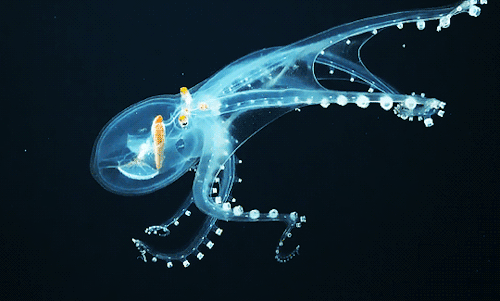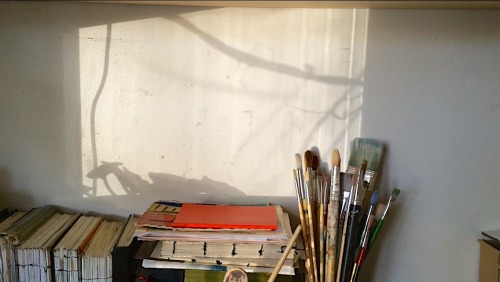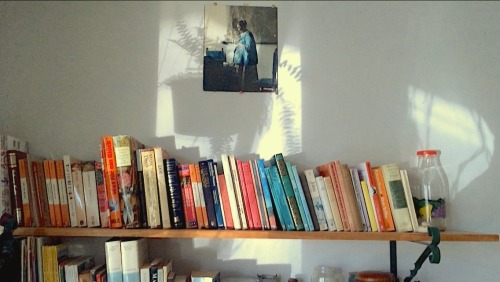Philosophy Of Science - Wikipedia
Philosophy of science - Wikipedia

More Posts from Csmsdust and Others




Glass Octopus l Phoenix Islands






Birthday presents ✨️
✿ scientist-in-training ask game! ✿
🥼 a scientist you admire, current or historical
🔬 a science class you loved, and why
📚 a topic/subject/concept you want to understand better
🪐 something you learned this week
🧪 dream research topic
🔭 what sparked your interest in science/your field?
🧬 study strategy you use frequently
🌿 something you'd like to change about your field
🐁 a popular science book you recommend
🌏 a fun fact from your area of study

Abandoned library, roadside somewhere in Oregon.

“The time available for her to submit grants and write papers decreased sharply in the year and a half after she first became a mother. And her lower productivity continued after she had two more sons, but there often wasn’t a way to explain that on her grant applications.”
—
https://www.nature.com/articles/d41586-023-00252-5
I also have a hard time explaining in my grant applications my PhD period. Even though it took 6 years to finish my PhD, I actually was much faster than average. I was on full maternity leaves not working at all for 2 years (!!) and the rest I worked part time. I managed to get my PhD in total of 3 years and 2 months of full time work equivalent.
I am glad people start noticing this and Nature writes about this issue. Let’s not punish researchers for having kids!
(via miss-biophys)
-
 komplikacije liked this · 2 years ago
komplikacije liked this · 2 years ago -
 csmsdust reblogged this · 2 years ago
csmsdust reblogged this · 2 years ago



